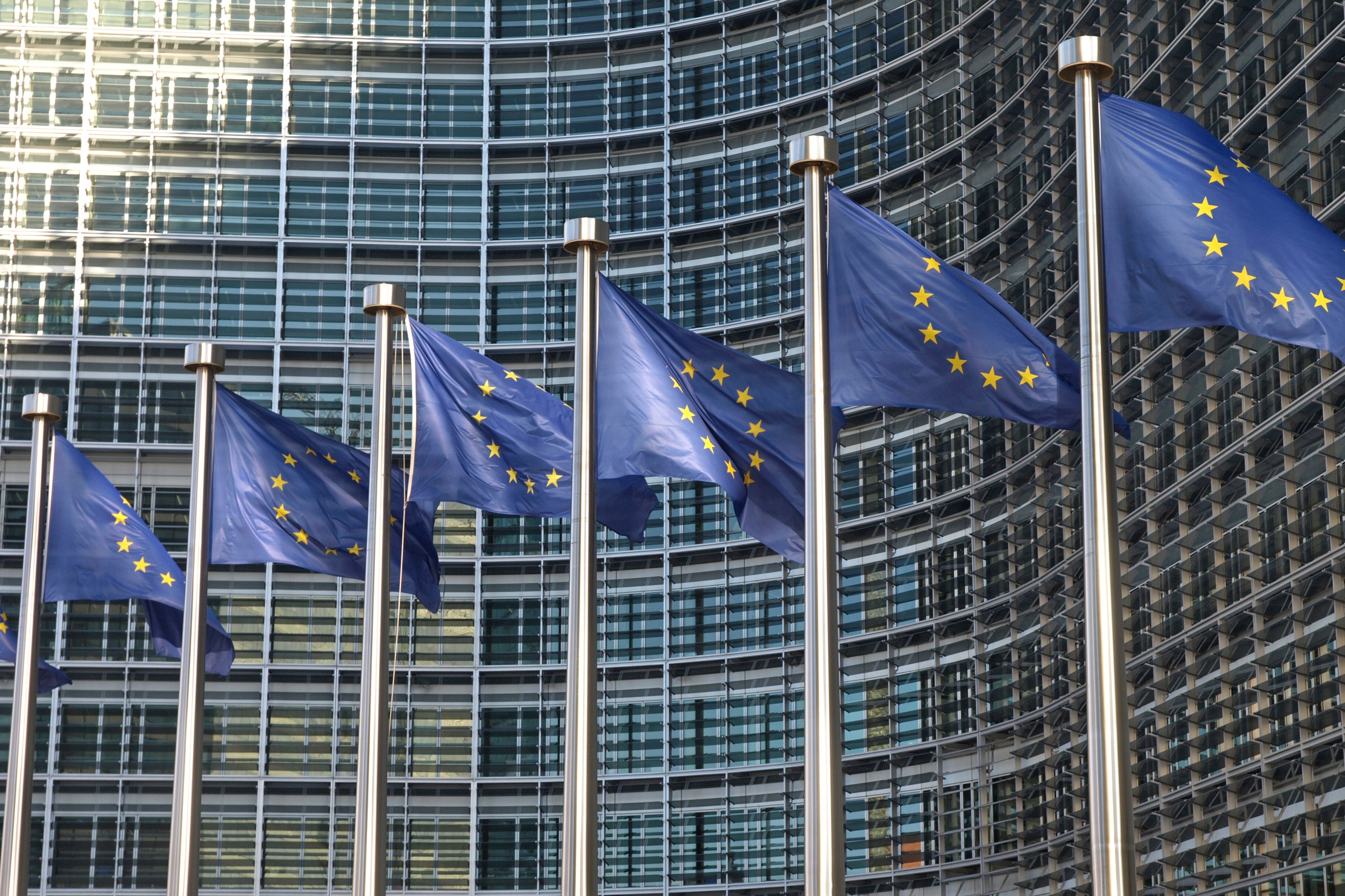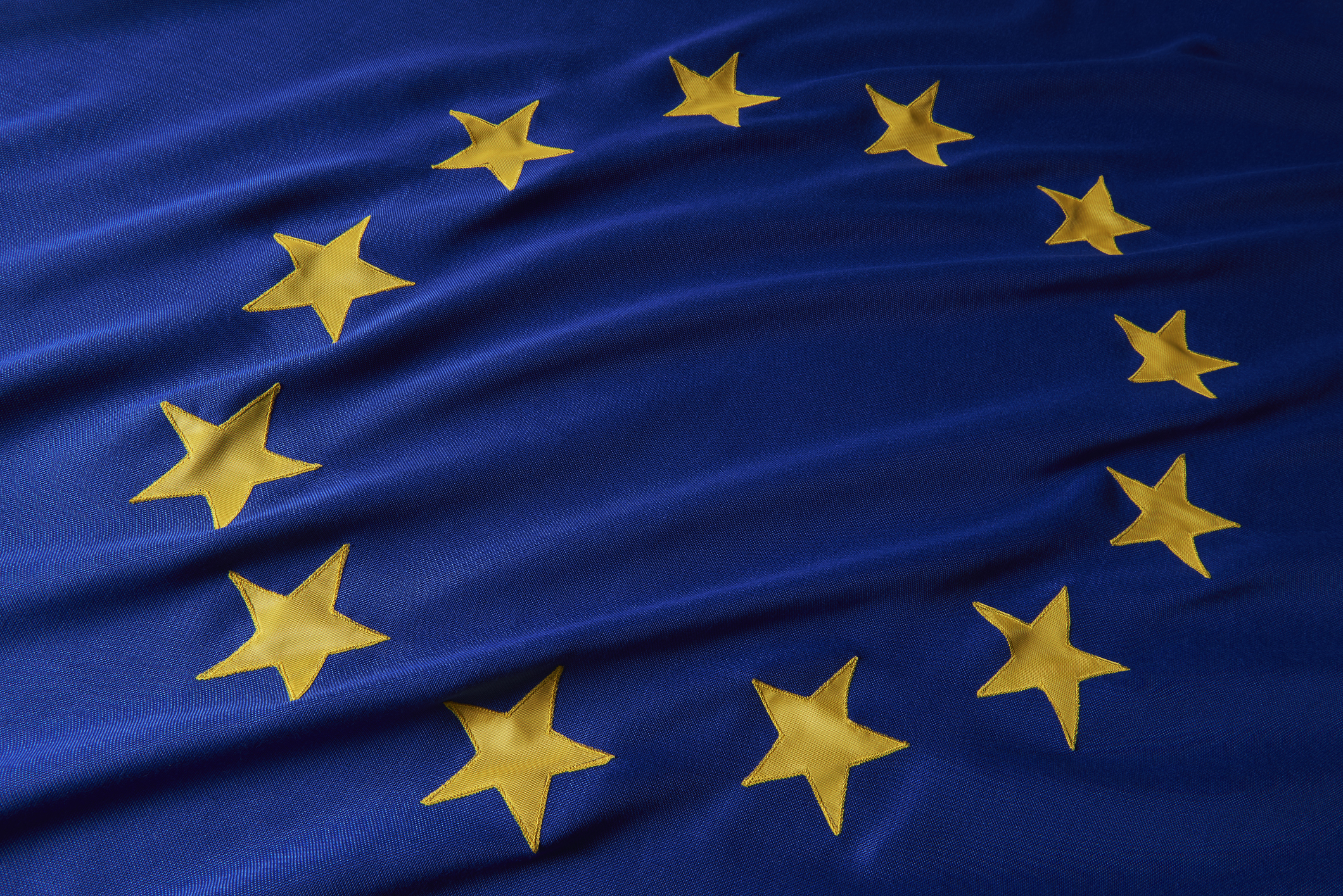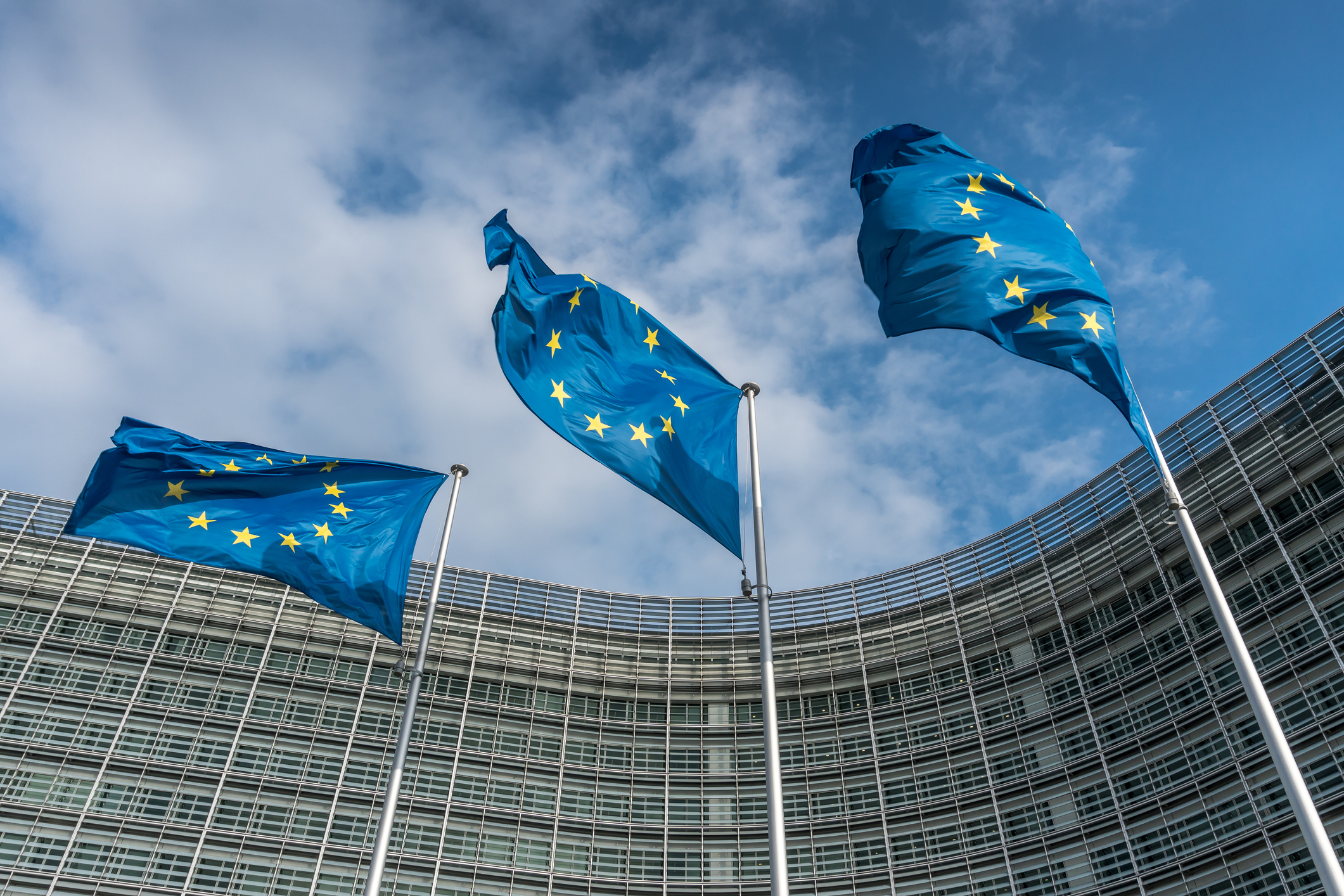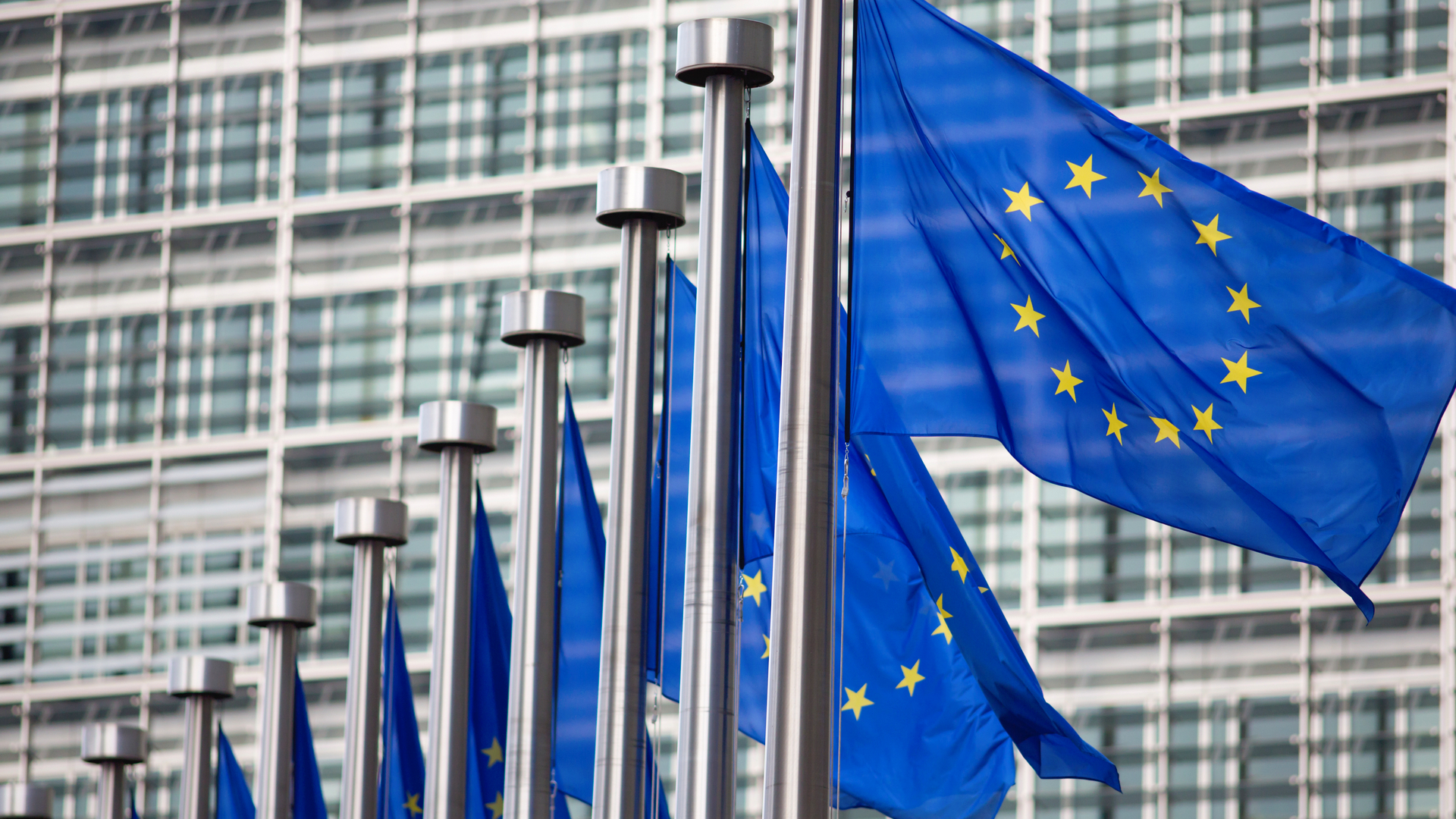European Parliament votes in favour of EU-wide data protection reform
Long-awaited reforms to European data protection legislation move one step closer.

The first major overhaul of the EU's data protection legislation has been given the go ahead, after the European Parliament voted overwhelmingly in favour for reform.
In a statement, the European Commission said the changes will ensure people have more control over what happens to their personal data, and make it easier for businesses to operate within the EU.
Viviane Reding, the EU's justice secretary, said the outcome of the vote means there is no going back when it comes to overhauling Europe's stance on data protection.
"This reform is a necessity, and now it is irreversible. Europe's directly elected parliamentarians have listened to European citizens and European businesses and, with this vote, have made clear that we need a uniform and strong European data protection law," said Reding.
The reforms were first put forward in early 2012, and are being embarked upon to ensure the EU's stance on data protection is in keeping with the digital age.
The current data protection directive was issued in 1995, before internet use was widespread across continent, and European lawmakers are keen to see it updated for this reason.
The proposals include the right for internet users to be forgotten and control the movement of their data between service providers.
Get the ITPro daily newsletter
Sign up today and you will receive a free copy of our Future Focus 2025 report - the leading guidance on AI, cybersecurity and other IT challenges as per 700+ senior executives
Businesses will also need to request explicit consent from citizens before processing their data, and will need to alert customers with no undue delay when data breaches have taken place that could affect them.
Companies that breach the new rules could be fined up to five per cent of their global turnover.
The European Commission had originally proposed fines of up to 1 million or two per cent of company's worldwide annual turnover.
Introducing tougher data protection sanctions like this could give Europe a competitive edge, Reding continued.
"Data protection is made in Europe. Strong data protection rules must be Europe's trademark. Following the US data spying scandals, data protection is more than ever a competitive advantage," she added.
Now the outcome of the plenary vote is known, negotiations with the EU 28 member states about how to complete the law are expected to take place in June.
-
 Asus ZenScreen Fold OLED MQ17QH review
Asus ZenScreen Fold OLED MQ17QH reviewReviews A stunning foldable 17.3in OLED display – but it's too expensive to be anything more than a thrilling tech demo
By Sasha Muller
-
 How the UK MoJ achieved secure networks for prisons and offices with Palo Alto Networks
How the UK MoJ achieved secure networks for prisons and offices with Palo Alto NetworksCase study Adopting zero trust is a necessity when your own users are trying to launch cyber attacks
By Rory Bathgate
-
 Forcing Apple to allow alternative app stores might cause major security risks
Forcing Apple to allow alternative app stores might cause major security risksAnalysis Apple will be forced to allow third-party marketplaces on its devices, but some experts have raised serious security concerns
By Solomon Klappholz
-
 Why bolstering your security capabilities is critical ahead of NIS2
Why bolstering your security capabilities is critical ahead of NIS2NIS2 regulations will bolster cyber resilience in key industries as well as improving multi-agency responses to data breaches
By ITPro
-
 New EU vulnerability disclosure rules deemed an "unnecessary risk"
New EU vulnerability disclosure rules deemed an "unnecessary risk"News The vulnerability disclosure rules in the Cyber Resilience Act could also cause a “chilling effect” on security researchers
By Ross Kelly
-
 Are you ready for NIS2?
Are you ready for NIS2?WEBINAR Find out what you should be doing to prepare for the EU’s latest data protection regulation and UK equivalent with our free webinar
By ITPro
-
 EU regulators are digging their heels in despite big tech’s Data Act pushback
EU regulators are digging their heels in despite big tech’s Data Act pushbackAnalysis EU regulators are no strangers to big tech regulatory push back, so why do companies still persist?
By Ross Kelly
-
 Microsoft's EU Data Boundary will begin staggered rollout in January 2023
Microsoft's EU Data Boundary will begin staggered rollout in January 2023News Public sector and commercial customers will be the first to benefit when the rollout begins on 1 January across all of Microsoft's core services
By Ross Kelly
-
 EU watchdog fights against rules permitting Europol's ‘unlawful’ data practices
EU watchdog fights against rules permitting Europol's ‘unlawful’ data practicesNews The pushback follows allegations that Europol was allowed to write its own rules when it came to handling sensitive data
By Connor Jones
-
 EU to introduce strict IoT security regulation
EU to introduce strict IoT security regulationNews Manufacturers will be required to assess all risks, and notify the EU of issues within 24hrs
By Rory Bathgate